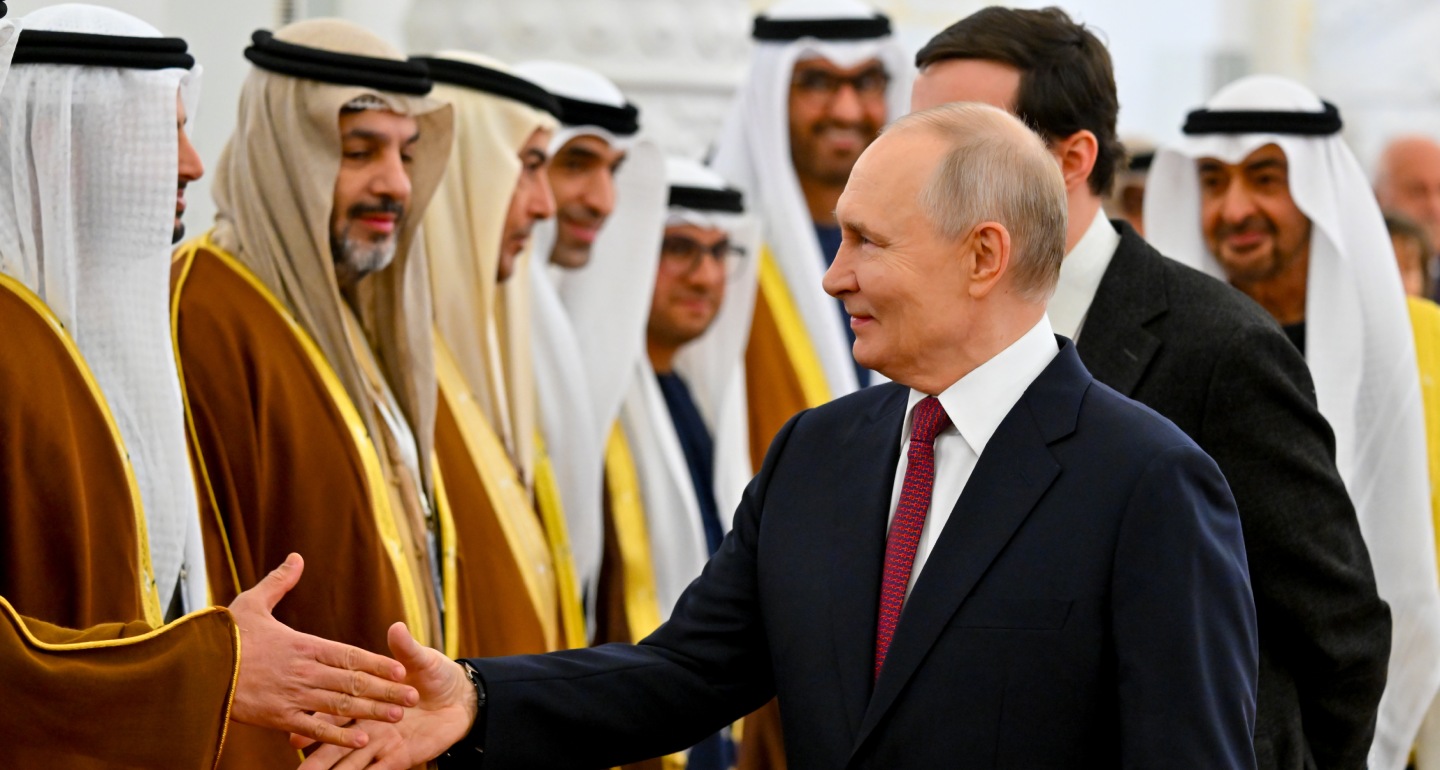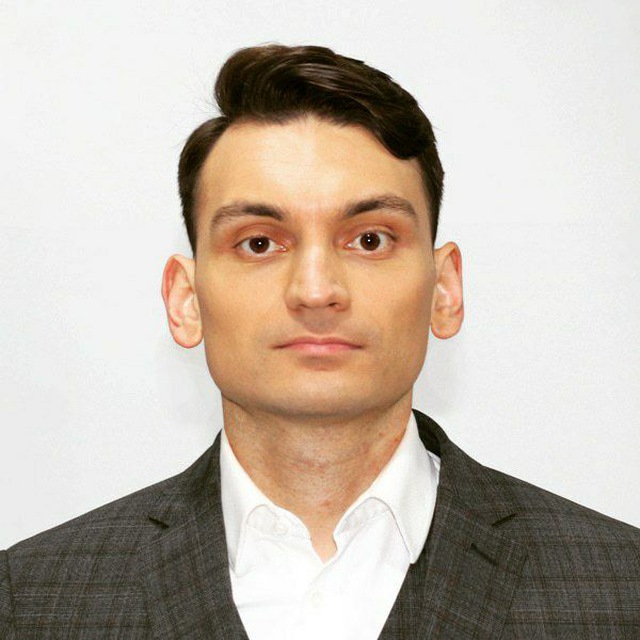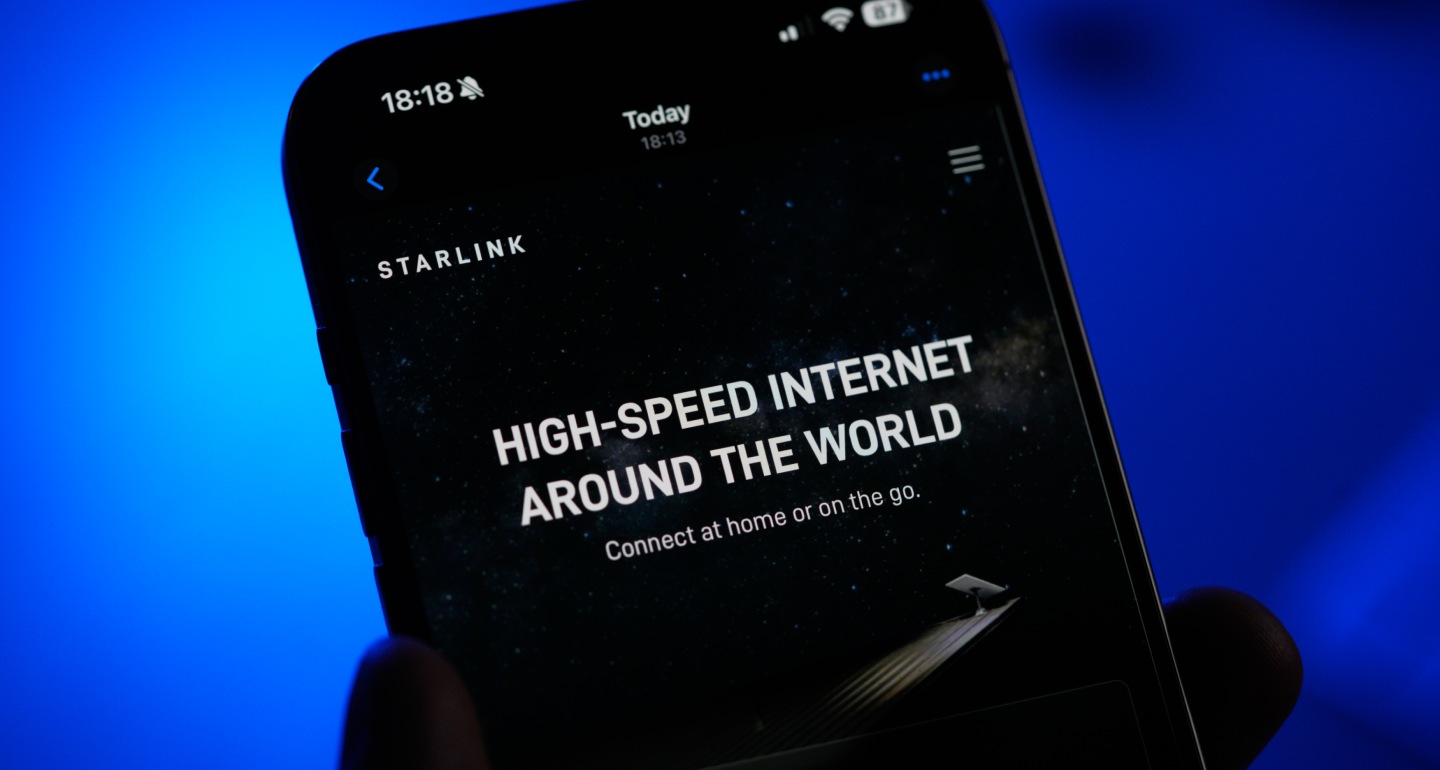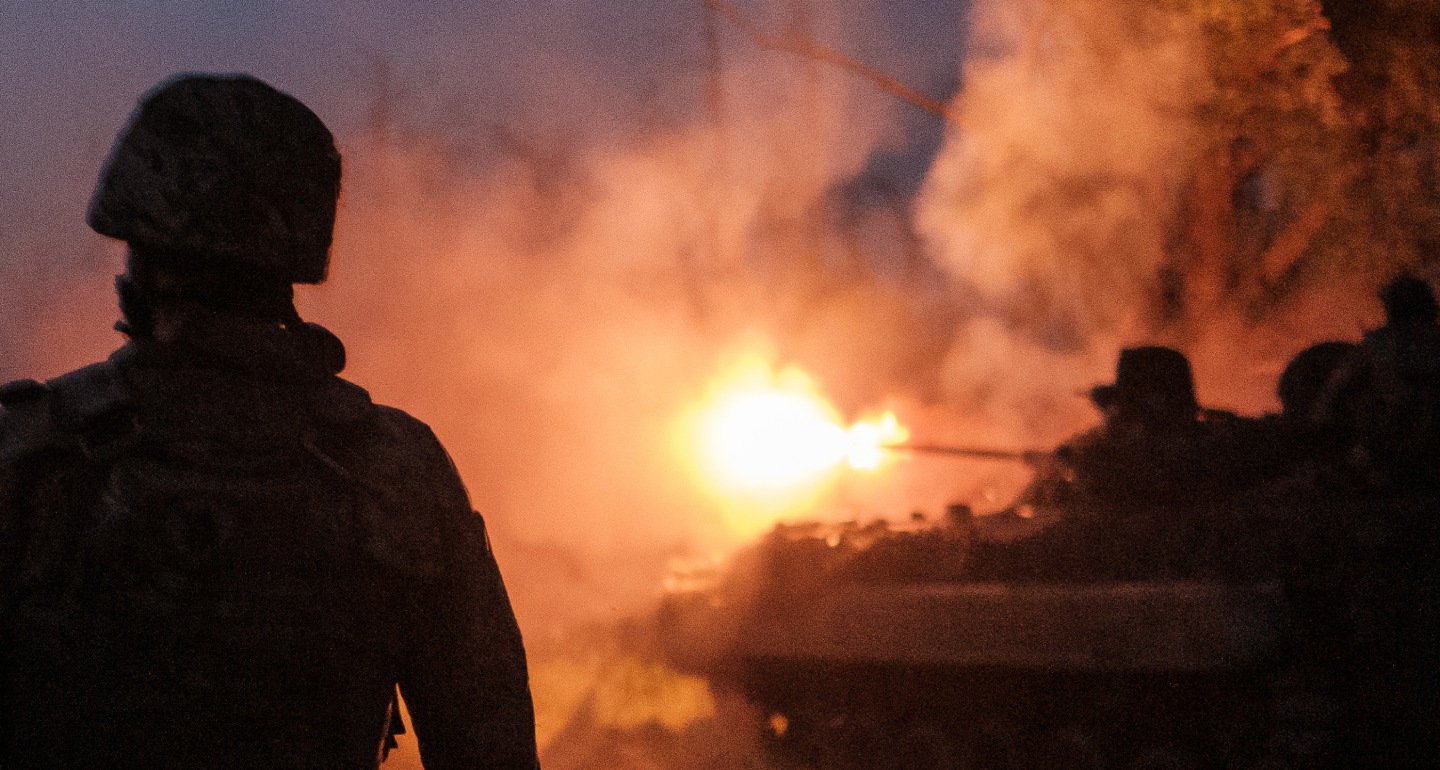Artyom Shraibman
{
"authors": [
"Artyom Shraibman"
],
"type": "commentary",
"blog": "Carnegie Politika",
"centerAffiliationAll": "",
"centers": [
"Carnegie Endowment for International Peace",
"Carnegie Russia Eurasia Center"
],
"englishNewsletterAll": "",
"nonEnglishNewsletterAll": "",
"primaryCenter": "Carnegie Russia Eurasia Center",
"programAffiliation": "",
"programs": [],
"projects": [],
"regions": [
"Belarus",
"United States",
"Russia"
],
"topics": [
"Foreign Policy",
"Military",
"Security",
"Global Governance"
]
}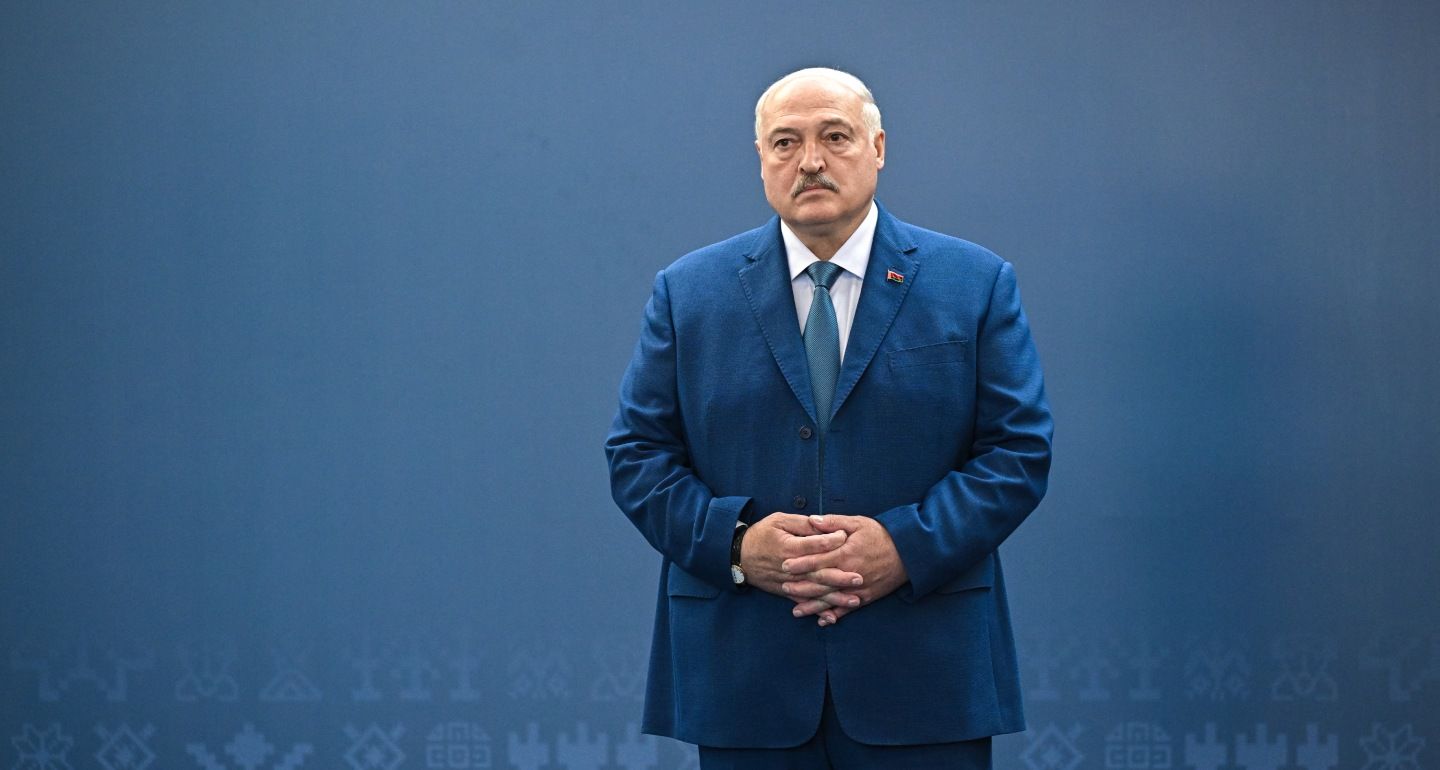
Source: Getty
Can Belarus Capitalize on Historic Trump-Lukashenko Phone Call?
The White House appears to believe that Belarus is an important piece in the Ukraine-Russia puzzle. But Lukashenko will have to work hard to retain Trump’s interest.
En route to his meeting with Russian President Vladimir Putin in Alaska for talks on Ukraine, U.S. President Donald Trump called contested Belarusian leader Alexander Lukashenko. It wasn’t the most important item on Trump’s agenda that day, but it will go down as a Belarusian diplomatic first. It was the only time in Lukashenko’s thirty-one years in power that he had spoken to a U.S. president by phone.
The conversation was a breakthrough for Minsk, which has been shunned by the West since fraud-marred elections in 2020 led to major opposition protests that were brutally crushed. It seems that months of cautious contact with Washington, measured concessions, and concerted messaging from Lukashenko eventually produced the desired result. White House advisers appear to have convinced Trump that talking to Lukashenko could be useful for his negotiations with Putin.
In typically over-the-top fashion, Trump referred to Lukashenko as “highly respected President” in a social media post after the call. This was significant because the West does not recognize Lukashenko as the legitimate leader of Belarus, and has avoided calling him “president” since 2020.
Trump also thanked Lukashenko for the recent release of sixteen political prisoners (though he avoided calling them “political”), and said he hoped more would soon be at liberty. He even agreed to meet with Lukashenko in person, though no date was specified. According to Minsk, Trump said he would come to Belarus with his family—which, if it happens, would be a major win for Lukashenko, who is treated as a pariah by most Western capitals.
Two days later, Trump again used a social media post to call on “powerful leader” Lukashenko to free political prisoners. He said there were as many as 1,300 in Belarusian jails, which is even slightly higher than the number given by most human rights organizations.
There are several reasons for the U.S. leader’s apparent fixation on Belarusian political prisoners. Firstly, Lukashenko has been freeing small batches of prisoners, including U.S. citizens, for more than a year, with the last such release timed to coincide with the visit of a U.S. delegation. This tactic seems to have convinced Washington that it can do business with Minsk. As a bonus, it enables Trump to demonstrate his effectiveness where his predecessor and European leaders have failed.
Secondly, long-term efforts by Belarusian civil society have succeeded in making the topic of political prisoners a key issue in Minsk’s relations with the West. Sanctions have been linked to it for many years.
Thirdly, the ongoing negotiations to end the war in Ukraine have fixed Trump’s attention on this part of the world—with Lukashenko apparently successful in his attempts to convince Washington he can facilitate a constructive relationship with Moscow.
Trump lawyer-turned-envoy John Coale, who has visited Minsk twice, said recently that the United States had used Lukashenko to convey messages to Putin. And the Trump-Lukashenko call a few hours before Trump’s encounter with Putin in Alaska suggests that the Belarusian leader is playing some sort of role. Going forward, Lukashenko could try to convert the White House’s trust into concrete improvements in the U.S.-Belarus relationship.
The outcome of the Putin-Trump summit was another piece of good news for Lukashenko. With talks between the United States and Russia looking like they will continue, Minsk can start planning its next move. If the outcome had been different and Putin and Trump had quarreled, Lukashenko’s window of diplomatic opportunity would have slammed shut.
Admittedly, Minsk is cognizant that all it has actually gotten from Washington so far is tweets, official visits, and pleasantries. Lukashenko—the architect of Belarus’ longstanding “oil for kisses” relationship with Russia—should know better than anyone that fanfare and flattery are often a substitute for real action.
After the June visit of Coale and U.S. envoy Keith Kellogg, Belarusian officials began to hint that they wanted to see some concrete steps from Washington before making any more concessions. And in his August interview with Time magazine, Lukashenko named two goals: the normalization of diplomatic relations with the United States, and the lifting of U.S. sanctions against Belarus.
It’s possible that we will see Minsk continue to release small groups of political prisoners, and Washington move to repair ties between the two countries: perhaps some sanctions identified by Lukashenko will be lifted, or the U.S. embassy in Minsk re-opened. But it’s also possible that the whole process will fall apart. The impulsive Trump could lose interest—particularly if Lukashenko does not prove as pliant as the White House expects the leader of a country with Belarus’s influence to be.
For Minsk, freeing all its political prisoners in the hope of U.S. concessions would be a step too far. Belarus has suffered much more from European sanctions than U.S. sanctions, so it’s important for Lukashenko that Trump should convince the European Union to also reset relations with Belarus. It would be extremely rash of Minsk to squander its most valuable asset—prisoner releases—in a back-and-forth with Washington in which Brussels was not involved.
At the same time, the broader international context remains crucial. Twists and turns in the negotiations over Ukraine could either accelerate the warming of U.S.-Belarus ties—or quickly send them back to their previous parlous state. If the U.S.-Russia talks do indeed collapse, then the West will no longer be interested in any overtures from Belarus. And attempts by Minsk to attract Washington’s attention would start causing serious irritation in Moscow.
Even after his historic phone call with Trump, Lukashenko still faces an uphill struggle. On the one hand, he needs to ensure the U.S. remains interested in Belarus as an important piece of the broader Russia-Ukraine puzzle. On the other, he must not rush to make concessions that Washington will not reciprocate. Last but not least, Trump’s short attention span means time is of the essence for Lukashenko.
About the Author

Nonresident Scholar, Carnegie Russia Eurasia Center
Artyom Shraibman is a nonresident scholar at the Carnegie Russia Eurasia Center.
- Why Is Ukraine Extending a Hand to the Belarusian Opposition-in-Exile?Commentary
- What Will the Latest U.S-Belarusian Concessions Change?Commentary
Artyom Shraibman
Recent Work
Carnegie does not take institutional positions on public policy issues; the views represented herein are those of the author(s) and do not necessarily reflect the views of Carnegie, its staff, or its trustees.
More Work from Carnegie Politika
- The Kremlin Is Destroying Its Own System of Coerced VotingCommentary
The use of technology to mobilize Russians to vote—a system tied to the relative material well-being of the electorate, its high dependence on the state, and a far-reaching system of digital control—is breaking down.
Andrey Pertsev
- Can the Disparate Threads of Ukraine Peace Talks Be Woven Together?Commentary
Putin is stalling, waiting for a breakthrough on the front lines or a grand bargain in which Trump will give him something more than Ukraine in exchange for concessions on Ukraine. And if that doesn’t happen, the conflict could be expanded beyond Ukraine.
Alexander Baunov
- Once Neutral on the Ukraine War, Arab States Increasingly Favor MoscowCommentary
Disillusioned with the West over Gaza, Arab countries are not only trading more with Russia; they are also more willing to criticize Kyiv.
Ruslan Suleymanov
- How Will the Loss of Starlink and Telegram Impact Russia’s Military?Commentary
With the blocking of Starlink terminals and restriction of access to Telegram, Russian troops in Ukraine have suffered a double technological blow. But neither service is irreplaceable.
Maria Kolomychenko
- Signs of an Imminent End to the Ukraine War Are DeceptiveCommentary
The main source of Russian aggression is a profound mistrust of the West and the firm belief that it intends to inflict a “strategic defeat” on Russia. As long as this fear persists, the war will not end.
Tatiana Stanovaya





